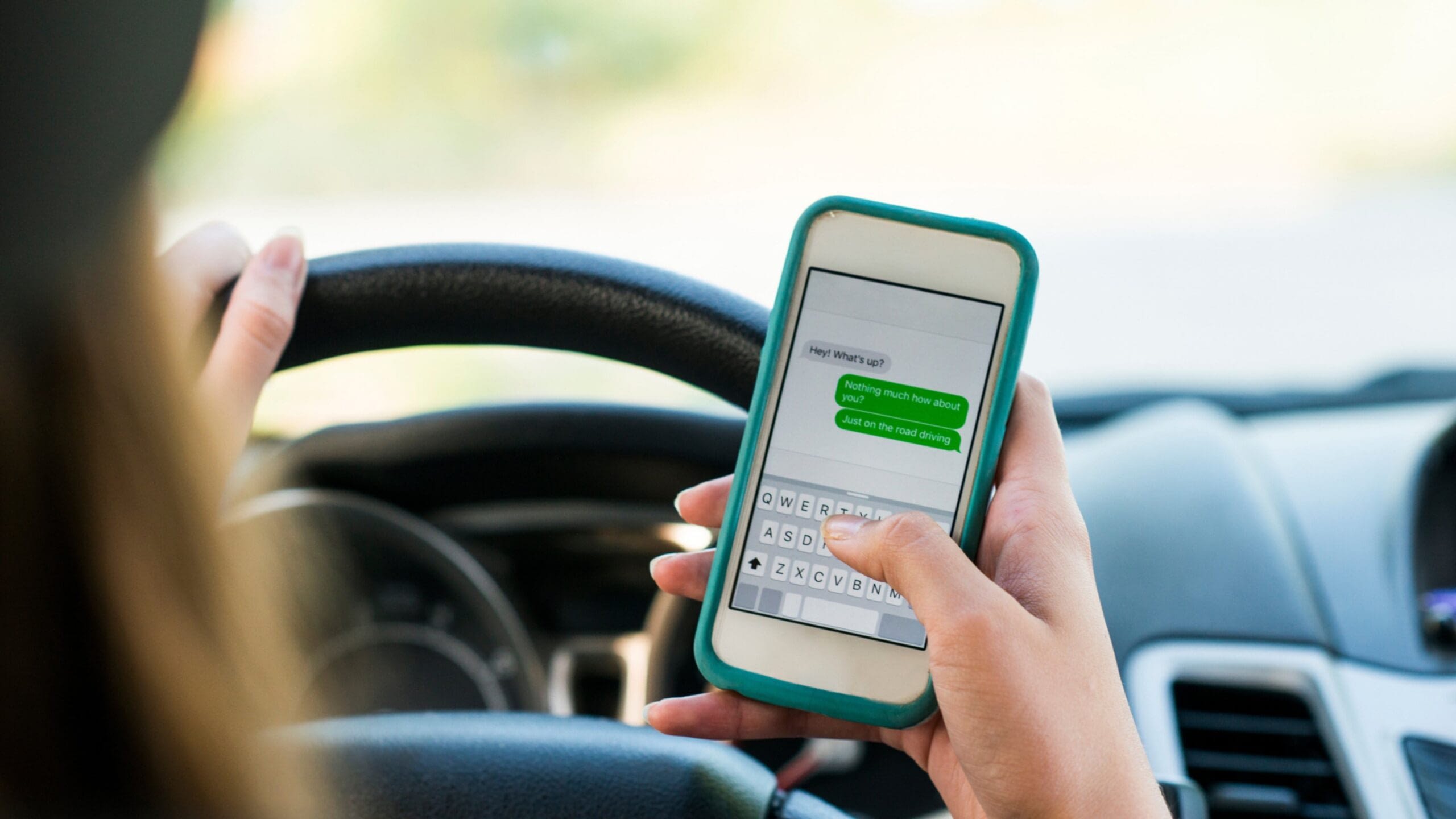- Insurance
- Auto, Home & Personal Insurance
- Business Insurance
- Business Interruption Insurance
- Business Owners Package Insurance
- Commercial Auto Insurance
- Commercial Property Insurance
- Commercial Umbrella Insurance
- General Liability Insurance
- Hotel & Motel Hospitality Insurance
- Professional Liability (E&O) Insurance
- Surety Bonds
- Workers' Compensation Insurance
- - View All Business
- Life Insurance
- About
- Policy Service
- Contact
Article originally posted on www.insuranceneighbor.com(opens in new tab)

National Cell Phone Courtesy Month promotes mindful and courteous cell phone usage, especially while driving. This initiative encourages individuals to be considerate of others by minimizing distractions and practicing safe phone etiquette. The goals include raising awareness about the dangers of distracted driving and fostering a culture of responsibility and respect on the road. It serves as a reminder to prioritize safety and mindfulness in our digital interactions, particularly during the summer travel season.
Step 1: Plan Your Route Ahead
Planning your route in advance minimizes distractions by reducing the need for navigation adjustments while driving. Knowing your route allows you to focus solely on the road, enhancing safety and preventing the temptation to glance at maps or GPS devices.
Step 2: Prepare Before You Drive
Preparation goes a long way in minimizing distractions. Setting up a GPS, finding music playlists, and adjusting mirrors before driving ensures a smooth and uninterrupted journey. By addressing these tasks beforehand, drivers can maintain their focus on the road and reduce the risk of accidents.
Step 3: Silence Your Phone
Turning off notifications and activating the do-not-disturb mode eliminates the temptation to check messages or notifications, and drivers can maintain their attention on the road, promoting safety for themselves and others. Remember: Conversations and replies can wait, and safety comes first.
Step 4: Auto-Messaging
Creating auto-messaging features on your phone can significantly reduce distractions while driving. By setting up automated responses for incoming calls or messages, drivers can inform contacts that they are currently driving and will respond later, minimizing the urge to check their devices and improving focus on the road.
Step 5: Secure Loose Items
Unsecured items may become projectiles in the event of sudden braking or a sharp turn, posing a safety hazard. Securing loose items minimizes distractions and helps maintain focus on driving. Drivers can reduce the risk of objects shifting or falling while driving by properly stowing away belongings and securing items in the car, ensuring a safer and more focused journey.
Step 6: Limit Passenger Distractions
Managing conversations and noise levels with passengers is vital for reducing distractions while driving. Establishing clear communication expectations and minimizing unnecessary noise can help drivers maintain their focus on the road, promoting a safer driving environment for everyone in the vehicle.
Step 7: Take Breaks When Needed
Taking breaks during long drives is crucial for staying focused and alert on the road. Resting on longer road trips helps combat fatigue and reduces the risk of accidents associated with drowsy driving. By prioritizing driving while rested and alert, drivers can ensure a safer and more enjoyable journey for themselves and their passengers.
Staying on the Path to Responsible Driving
Summer travel should be a time to relax and take a break from stress. That means safety should be your top priority. Reduce distractions like phone use and secure loose items to minimize accident risks. Additionally, ensuring you have the right car insurance is essential. When it comes to protecting your journeys, our agency is here to assist, so contact your local agent today if you want to learn more about your auto insurance options.
Filed Under: Personal Insurance | Tagged With: Auto Insurance, Car Insurance